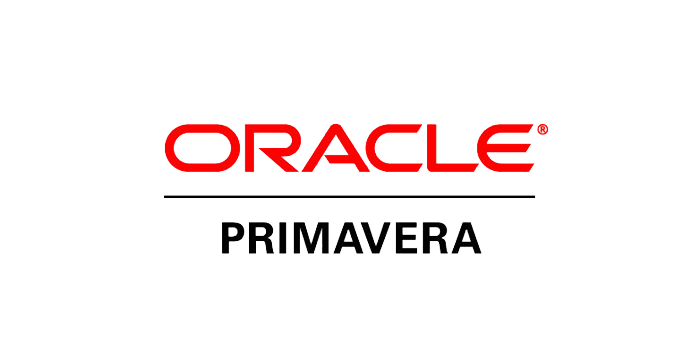
Article written by Erin Sandage on the Arcoro blog.
On January 9, 2024, the Department of Labor (DOL) published a final rule defining “independent contractor” for the purposes of the Fair Labor Standards Act (FLSA). The DOL issued a new six-factor test for determining whether a worker should be classified as an employee or an independent contractor.
Why should you pay attention to these changes? The difference between an employee and an independent contractor is important under the FLSA because:
- Independent contractors are not subject to the minimum wage or overtime requirements.
- Independent contractors are not subject to a number of federal and state laws that cover employees.
- Taxation is different for employees vs. independent contractors.
The FLSA and other state and federal laws incentivize employers to call a worker an “independent contractor” to avoid the FLSA, taxation, and other rules. The question is … is your worker legally an independent contractor?
Prior to this recent DOL publication, “independent contractor” was defined by a 2021 rule that focused primarily on the principal’s right to control and the worker’s ability to realize a profit or loss. If the factors conflicted, the rule required consideration of the worker’s special skills, the length or permanence of the relationship and the worker’s integration into the principal’s business.
DOL’s New Rule Defined
The six new factors that will be considered in determining the relationship and the principal are:
- The worker’s opportunity for profit or loss
- Investments by the worker and the potential employer
- The degree of permanence of the relationship
- The nature and degree of the potential employer’s control over the work
- The extent to which the work is integral to the potential employer’s business
- The worker’s skill or initiative
The new rule takes a “totality of the circumstances approach” should two factors strongly oppose each other, and incidental factors are used to contribute to a fully formed definition of the relationship.
The Impact of DOL’s New Rule
This new rule and six factor test will be critical in industries such as construction, landscaping and other similar businesses which may be seasonal in nature and require workers to bring their own skills and equipment. Under the new test, workers in these industries who have been treated as independent contractors for years will need to be reclassified to meet the DOL’s rule.
As the government goes through and audits contractors and the workers who were “independent,” the examples of these rules and precedence of lawsuits related to these rules will bring more clarity. For now, things like “the worker’s opportunity for profit and loss” – is likely to mean does the worker have their own organized business, registered as a corporation or single member LLC and files the federal and state government tax forms making sure they are paying the employer and employee portions of Medicare and FICA taxes, something independent contractors must do when not classified as a W-2 employee. Related to this rule is the third rule – “investments by the worker” – meaning does the worker have their own equipment, trucks and other tools that are not provided by the employer, but instead are owned and kept by the independent contractor, showing the worker is not as reliant on the employer as a W-2 employee would be.
Other examples of the applicability of the new rules will include looking at the contracts the employer and worker sign. If they sign a small, one activity construction project, they are more likely to still be considered “independent,” versus a long term, or “open-ended” contract, which acts more as an “at-will” employment contract – looking more like a W-2 employee under the new rules.
Many employees in the construction industry, from subcontractors working on building, electrical, plumbing, which have “always” been “independent contractors” may soon see W-2s instead of 1099s, as their investments in the success of the business is reevaluated and the integration of their work in the actual business function of the potential employer is reassessed.













